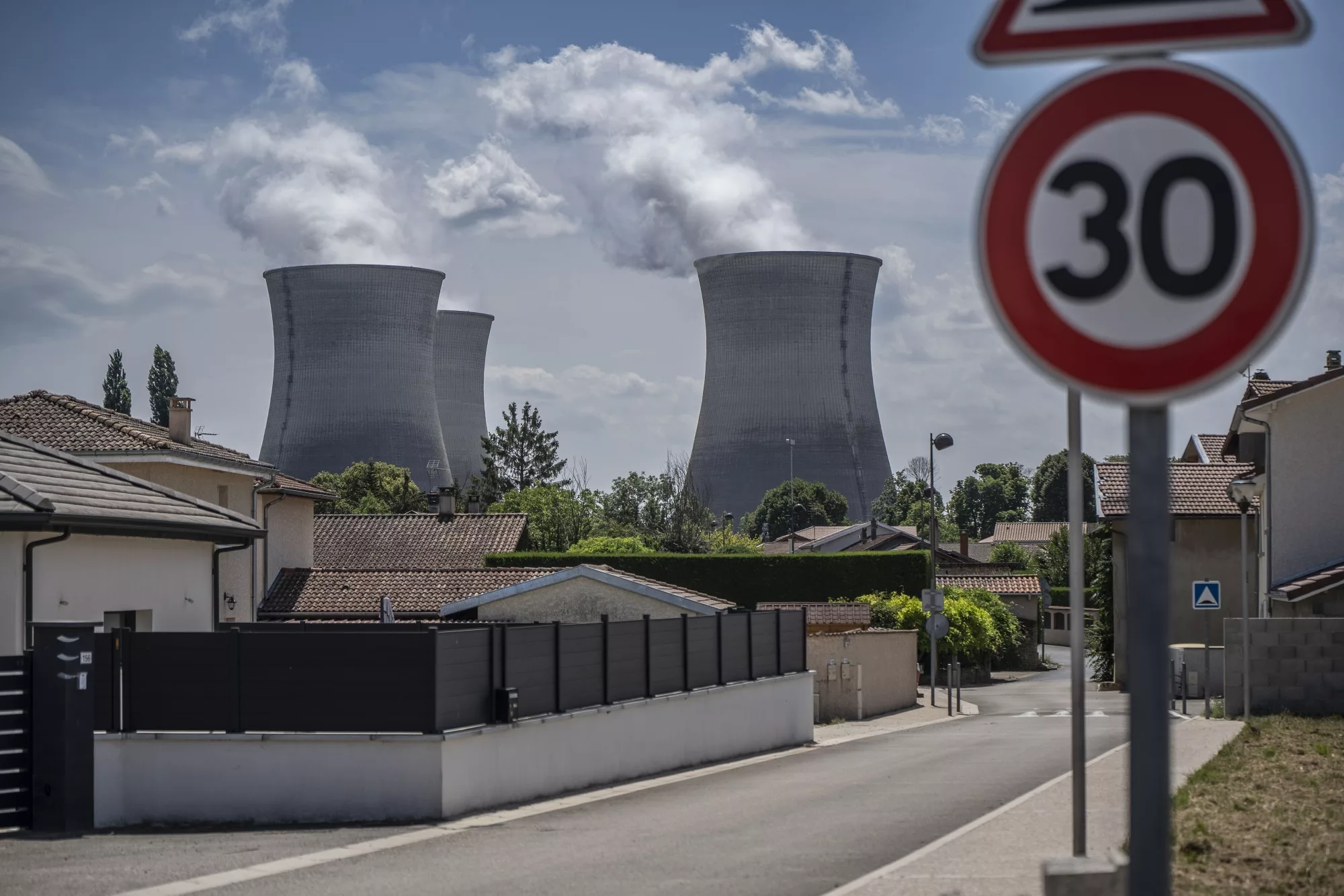European gas prices have surged as a result of Chevron’s inability to avert a series of labor strikes within its liquefied natural gas (LNG) operations. The strikes, which have disrupted LNG production and supply chains, have sent shockwaves through the energy markets and raised concerns about the continent’s energy security.
Chevron, one of the world’s largest energy companies, has faced mounting labor unrest among its LNG workforce in Europe. Despite efforts to negotiate with labor unions and address the workers’ concerns, the strikes have persisted, leading to a significant reduction in LNG output. This disruption has not only driven up gas prices across the region but also highlighted the vulnerability of Europe’s energy infrastructure to labor disputes. As the situation unfolds, European governments and energy stakeholders are scrambling to find solutions to mitigate the impact on consumers and maintain a stable energy supply in the face of these challenges.

